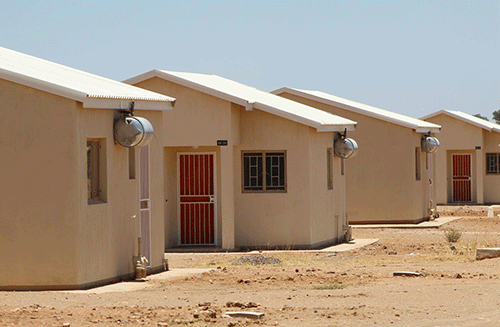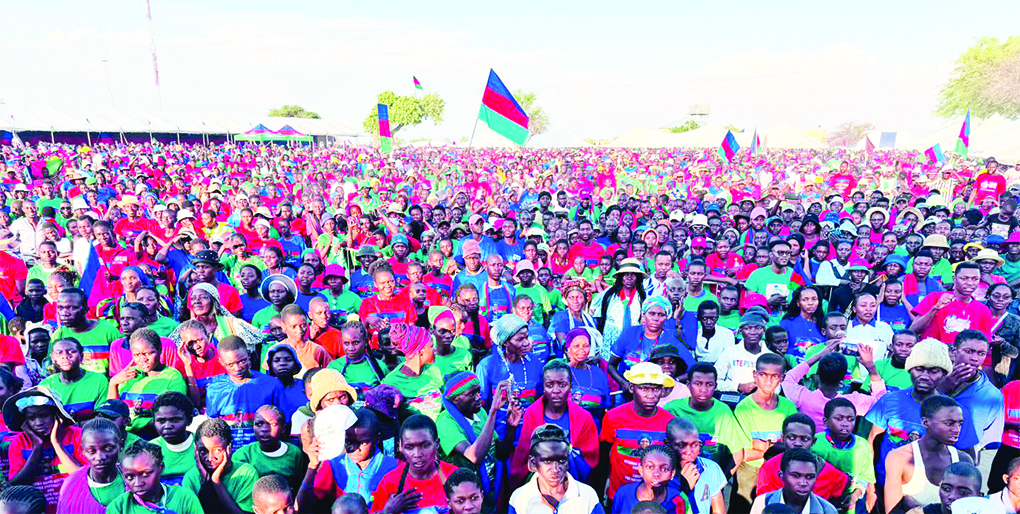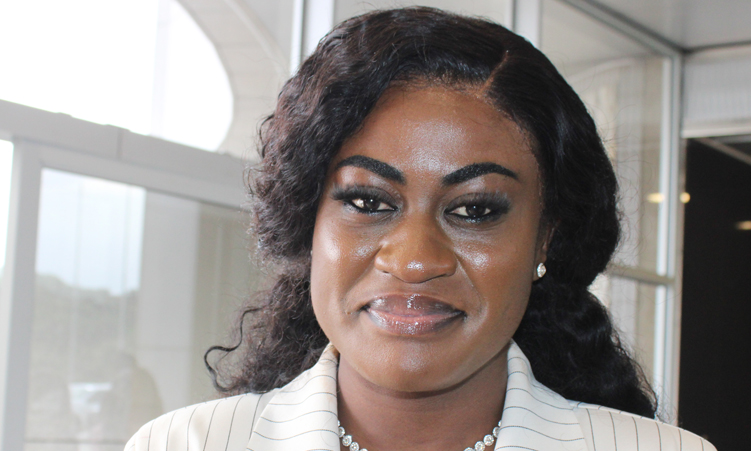FIRST National Bank (FNB) has responded to an article in The Namibian of November 17, where it was stated that no further applications would be taken for the financing of solar power systems.
The article made mention of difficulties the bank was experiencing with suppliers and applicants alike.In the bank’s response, it said that the N$5,7 million provided by the UN Development Programme (UNDP) had in fact run out.The bank was appointed as the banking partner for the Ministry of Mines and Energy’s renewable energy project, officially launched on July 1 this year. The Namibia Renewable Energy Programme (Namrep) acted as the implementation agency for the Ministry while the UNDP was the sponsoring partner. The programme, according to the statement, has resulted in renewable energy installations in 12 of the 13 regions of Namibia with salaried workers, self-employed entrepreneurs and farmers that are now the proud owners of this cost-effective and clean source of energy.After the launch, the special offer was widely promoted in the local media and by means of road shows in Windhoek and the northern parts of Namibia, for instance at the Ongwediva Trade Fair. Access to application forms and information pamphlets was provided at all 48 FNB branches. Applications could also be submitted at these branches. It took a while to gain momentum but once people understood the benefits, the N$5,7 million sponsorship by the UNDP quickly ran out. In fact, the bank says it is still receiving many new applications. FNB had to call the project to an end due to oversubscription, according to Danny Titus, the bank’s Manager: Business Development.The statement said the terms and conditions of qualifying for the loan were agreed by Namrep, UNDP and FNB and it was kept simple and included requirements such a minimum income of N$2 500, proof of employment with the same employer for at least two years, and an active account with any bank in Namibia.If these requirements were met, FNB granted loans up to N$120 000 over a maximum period of 60 months at the very low interest rate of three per cent.To ensure that only quality solar electricity and water heating equipment were used and proper installations made, a list of approved suppliers was compiled by the Ministry.All payments were made directly to these suppliers on completion of the installation. The final payments to suppliers will be made once the last few installations have been completed.
Stay informed with The Namibian – your source for credible journalism. Get in-depth reporting and opinions for
only N$85 a month. Invest in journalism, invest in democracy –
Subscribe Now!










